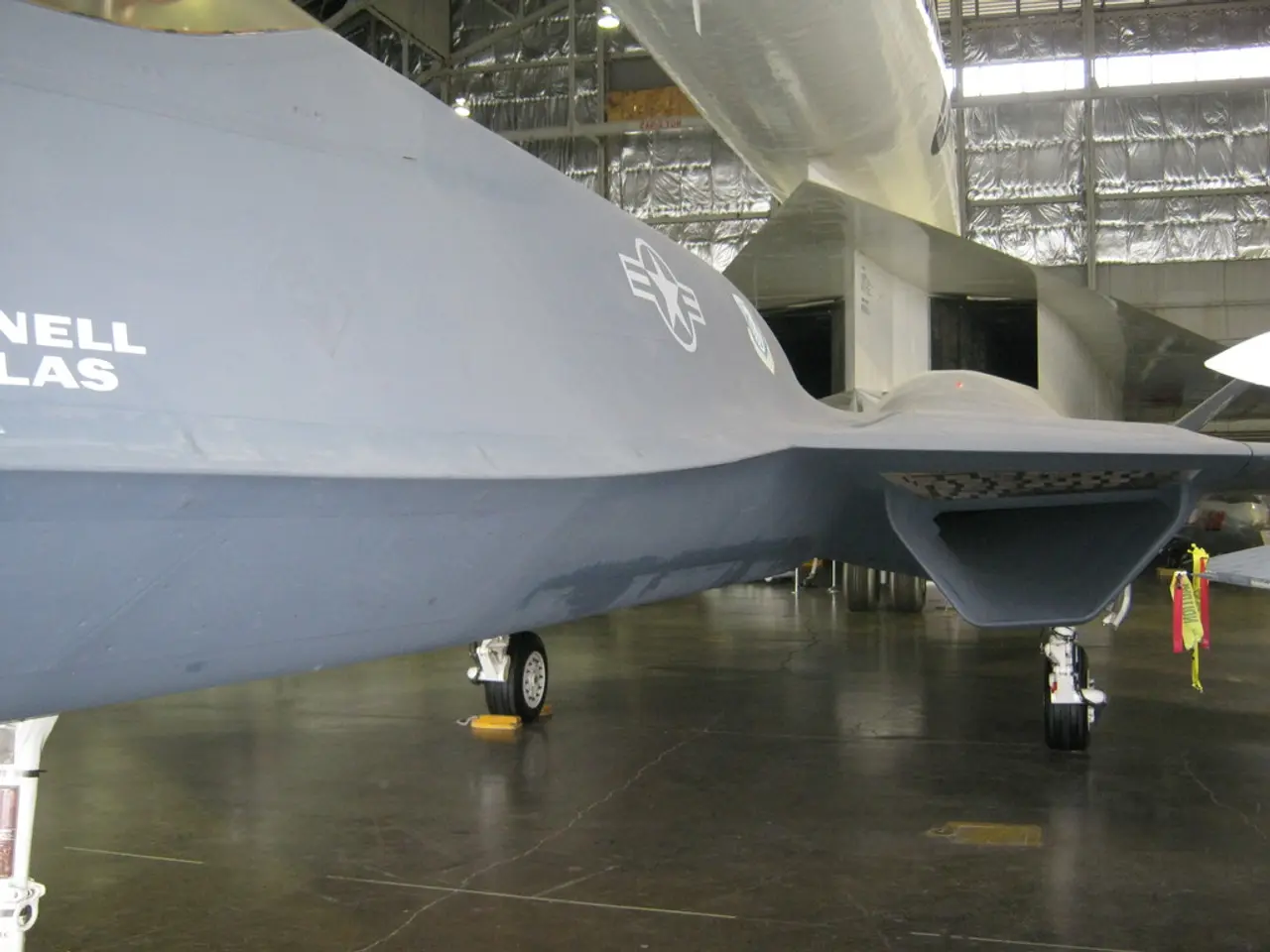Massive Air Canada workforce proceeds with strike action: All flights ceased following crucial deadline expiration
Air Canada Strike Causes Nationwide Flight Disruptions
A four-day strike by over 10,000 CUPE unionized flight attendants, which took place from August 16 to 19, 2025, caused the suspension of all Air Canada and Air Canada Rouge flights. The strike, the first by flight attendants since 1985, disrupted approximately 130,000 passengers daily, forcing many to rebook on other carriers or postpone travel.
The federal government intervened in the dispute, with Jobs Minister Patty Hajdu imposing binding arbitration and the Canada Industrial Relations Board (CIRB) issuing a return-to-work order. Initially, CUPE defied the order, but after several days of disruption and picketing, Air Canada and CUPE reached a mediated tentative agreement on August 19, 2025.
The resolution was overseen by an agreed-upon mediator, William Kaplan. CUPE committed to having flight attendants immediately return to work, and Air Canada began a gradual resumption of flight operations starting the evening of August 19. The full restoration of normal flight schedules was expected to take 7 to 10 days due to repositioning of aircraft and crew.
Air Canada apologized for the inconvenience and expanded reimbursement policies for customers affected between August 15 and 23, covering reasonable hotel, lodging, and meal expenses. They continue working closely with partner airlines to accommodate passengers during the phased return to service.
The strike came amidst ongoing contract talks between Air Canada and CUPE, which had been ongoing for about eight months but a tentative deal had not been reached. The strike was a result of a bitter contract fight between CUPE and Air Canada over salary and work conditions, with CUPE accusing Air Canada of not addressing longstanding issues of fatigue, fair pay, and respect for frontline staff.
Despite the government-directed arbitration, which some argue would hamper the union's right to strike, CUPE has expressed their willingness to continue bargaining with the mediator. Air Canada's most recent offer to employees included a 25% bump, including benefits and pensions, in the first year and 38% over four years. Air Canada also agreed to pay employees for some duration of the time they are on the ground, which is a change from current operations where they only pay when the plane is moving.
However, Air Canada may lose C$75 million ($54 million) in earnings before interest, taxes, depreciation and amortization for each day its operations remain suspended. Air Canada formally expressed regret for the uncertainty caused to customers and employees and advised customers not to go to the airport unless they have a confirmed ticket on an airline other than Air Canada or Air Canada Rouge.
This is a breaking story, and more information will be added soon. For more information about the Air Canada flight suspensions, please visit this link. Air Canada also tweeted about the flight suspensions in French, which can be found here.
The financial impact of the Air Canada strike extended to various sectors, as many travelers were forced to adjust their lifestyle and accommodation plans due to flight disruptions. In the decentralized finance (DeFi) market, some digital asset platforms experienced spikes in transactions as people sought alternative travel solutions.




